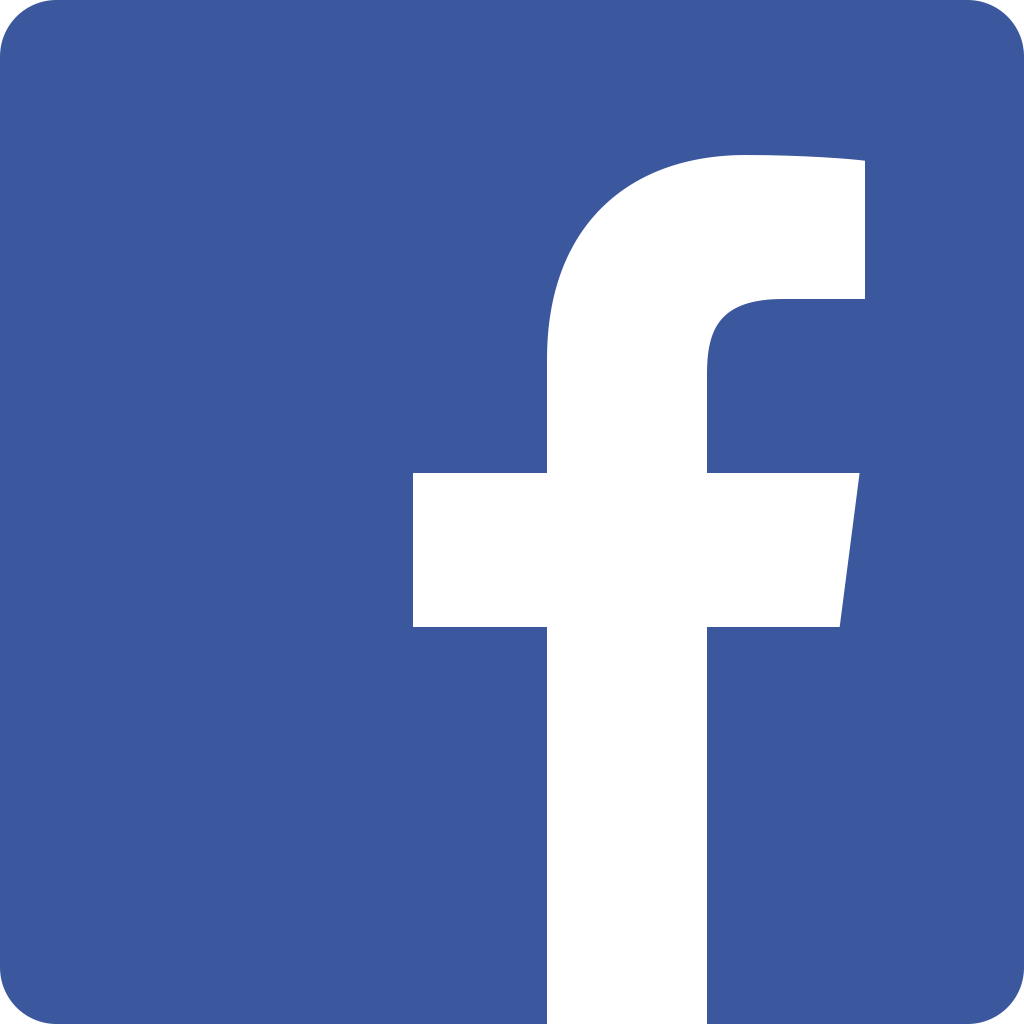If someone asked you to give up a habit or start a new one for 40 days, what would it be?
This question came to me in the context of Lent, a period in the Christian calendar during which practitioners of the faith do just that. Giving up delicious but unhealthy beverages like soda or coffee is common, as is committing to a daily ritual of prayer, or some sort of fasting.
This year, I decided to give up Facebook.
On its face, the task is either straightforward and easy or immensely difficult, depending on one’s relationship with technology. For me, the difficulties were largely logistical. I have a job that requires me to use social media, and my duties for The Transcript mandate interaction with Facebook.
To resolve this I created a friendless alter ego on the site, one with administrative access to The Transcript’s page and other events I needed to advertise. In this way I gave up the “real” experience of Facebook — the endless notifications, the plethora of events, the links to trend pieces and BuzzFeed quizzes — without having to compromise my various obligations.
There are a few different reflections I’ve had since logging back on this past (Easter) Sunday — for instance, the relative ease with which any person can create a second self online, and the scary potential for deception that creates. Or what the fact that people get paid to use social media says about our culture.
But the main thing that’s been on my mind is the fact that I didn’t really miss Facebook one bit.
Sure, there were some messages I felt bad for delaying replies to, and some events I wish I had heard about sooner. But being back in the thick of the meaningless quizzes, the flurry of event announcements and the shameless promotion of selves and things has in three days created the same anxiety and tension in my Facebook use that it took me months to notice before.
This was the whole reason I chose to step away. I noticed that when I got on Facebook, my chest got heavy and my muscles tightened. I scrolled endlessly despite the fact that nothing was really interesting. The resulting procrastination only increased my anxiety about all the work I had to do. Facebook was having a rather prominent negative effect on me, both in the mental and physical realms. I got a lot angrier a lot faster. Something wasn’t right. I didn’t feel connected to my social world in the ways Facebook used to make me feel. I felt disconnected.
For me, this disconnection was also spiritual. In putting so much energy into a virtual realm full of performed Internet personas, I was becoming less rooted in the present and more detached from the weight of the air around me. It was harder to pay attention to and appreciate how incredible life itself is. Facebook was straining my connection with the rest of humanity and with God, or anything else out there that we can’t understand as humans.
Facebook is certainly an incredible thing. It helps us communicate in ways that would never have been dreamed of just a few decades ago. It’s a place to spread ideas and engage in dialogue. And, superficially, it connects us — it is a social network, after all.
But in my experience, there is a point at which the costs of a certain type of relationship with Facebook, and the Internet in general, outweigh the benefits. The tension, anger and anxiety I felt, the disconnection with myself, the world and everything in and around it, made me realize the chats, links and likes were not worth it.
I know not everyone’s relationship with Facebook is like mine. Checking it might not produce these same negative feelings. I am happy for and envious of these people, those who have been able to harness Facebook for its fullest good.
But to the rest of us, take a second and examine how obsessively checking to see how many notifications you have makes you feel. Is it good? Or is there some anxiety, some anger, some tension? If so, stepping away is not just acceptable — it’s healthy.
